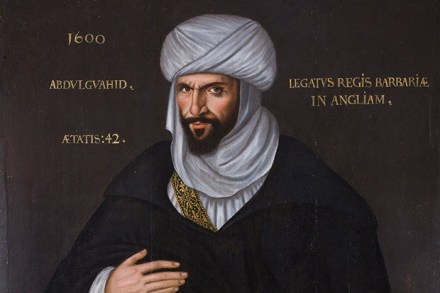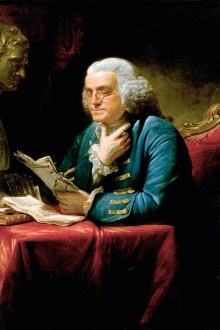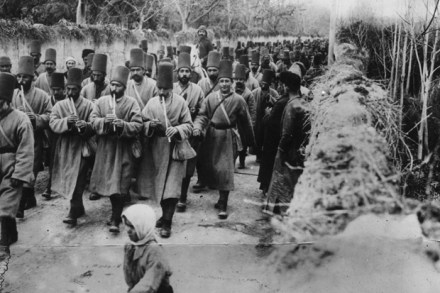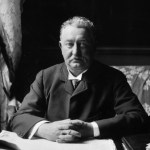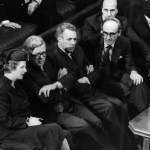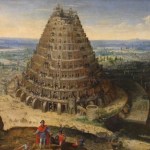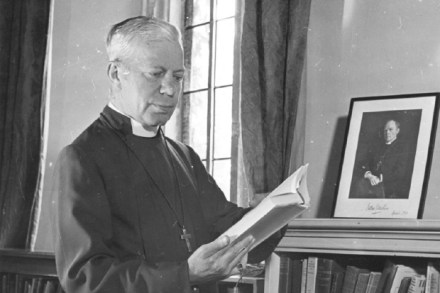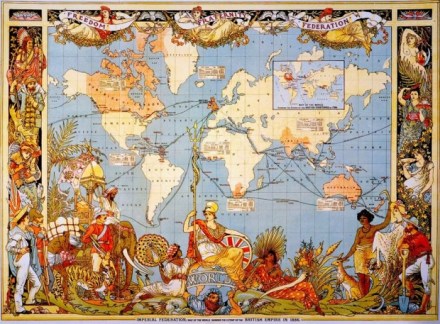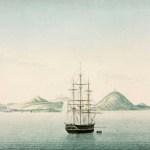Clumber spaniels
For the first time in more than 30 years we have no Clumber spaniel. We have had five: Henry, Judith, Laurie, Persephone and Wattie. The last of them, Wattie the gentlest and sweetest of dogs, died a few months ago. We feel bereft. Clumbers are special: beautiful, affectionate, wilful, sometimes difficult, never dull. They take their name from Clumber Park in Nottinghamshire, once the seat of the Dukes of Newcastle. Different in appearance from other English spaniels — heavier, low-slung, with large sagacious heads — their origin is uncertain. According to one story, they came from France, being a gift from a French friend, the Duc de Noailles, to his



